On January 4, according to RT news agency, in a speech to business leaders in Baltimore, President of the US Federal Reserve (Fed) branch in Richmond, Mr. Tom Barkin warned about the risk of rising inflation in the context of President-elect Donald Trump preparing to take office.
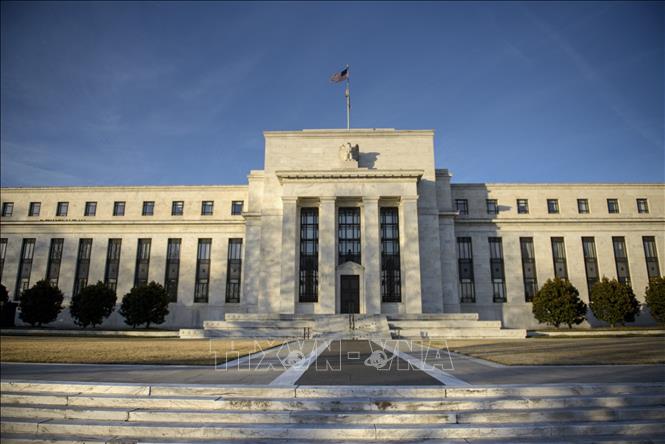
Mr. Tom Barkin emphasized that the US economy can continue to grow strongly, but also face significant inflationary pressures if the labor market remains stable and wages continue to increase.
The Richmond Fed president pointed out that personal consumption remains strong, unemployment is low and wage growth is solid, and noted that consumers are beginning to react negatively to rising prices, which could lead to fluctuations in inflation dynamics. He said there are more risks on the inflation side, especially if the labor market continues to strengthen.
Despite Mr Trump’s pledge to control inflation, some economists have expressed concern that his policies, especially his plans to raise tariffs and tighten immigration, could raise the cost of manufacturing and consumer spending. Immigration has been a key factor in expanding the US workforce and sustaining economic growth over the years. Meanwhile, Mr Trump has vowed to impose a 25% tariff on all imports from Mexico and Canada, a move that could put pressure on domestic supply chains and prices.
Mexico, China and Canada are the three largest trading partners of the United States, accounting for a significant share of total imports, according to the U.S. Census Bureau. Imposing higher tariffs on these countries could increase the cost of imports, driving up domestic prices and hurting businesses and consumers.
Ahead of the election, an AP VoteCast poll found that about 70% of American voters were particularly concerned about rising food prices. While Mr. Trump has pledged to lower consumer costs, tariffs could cause prices to rise rather than fall.
The Fed is also adjusting its monetary policy expectations to accommodate the possibility of Trump returning to the White House. Fed Chairman Jerome Powell recently confirmed that officials are integrating preliminary projections of the economic impact of the new agenda. Last month, the Fed reduced its target interest rate to 4.25% to 4.50% and was more cautious in its plans to cut rates through 2025 to counter the risk of persistent inflation.
In addition, Fed Governor Adriana Kugler also expressed concern about the possibility that Mr. Trump's trade policies could have unforeseen impacts on the US economy, especially if other countries take economic retaliatory measures. Ms. Adriana Kugler emphasized that the Fed is considering many scenarios to respond to possible economic fluctuations.
While it remains unclear what direction Trump will take on economic policy, Barkin noted that uncertainty could make businesses and investors hesitant. He noted that if the U.S. economy were to take a sudden downturn, some policies could be adjusted or reversed to mitigate the negative impact. The Fed has the tools to intervene if the labor market weakens or inflation returns.
With new developments, observers continue to closely monitor the Trump administration's moves as well as the Fed's response in the coming time.
According to VNA
Source: https://doanhnghiepvn.vn/quoc-te/quan-chuc-fed-canh-bao-rui-ro-lam-phat-tu-chinh-sach-cua-trump/20250105091942518




![[UPDATE] April 30th parade rehearsal on Le Duan street in front of Independence Palace](https://vstatic.vietnam.vn/vietnam/resource/IMAGE/2025/4/18/8f2604c6bc5648d4b918bd6867d08396)

![[Photo] Prime Minister Pham Minh Chinh receives Mr. Jefferey Perlman, CEO of Warburg Pincus Group (USA)](https://vstatic.vietnam.vn/vietnam/resource/IMAGE/2025/4/18/c37781eeb50342f09d8fe6841db2426c)



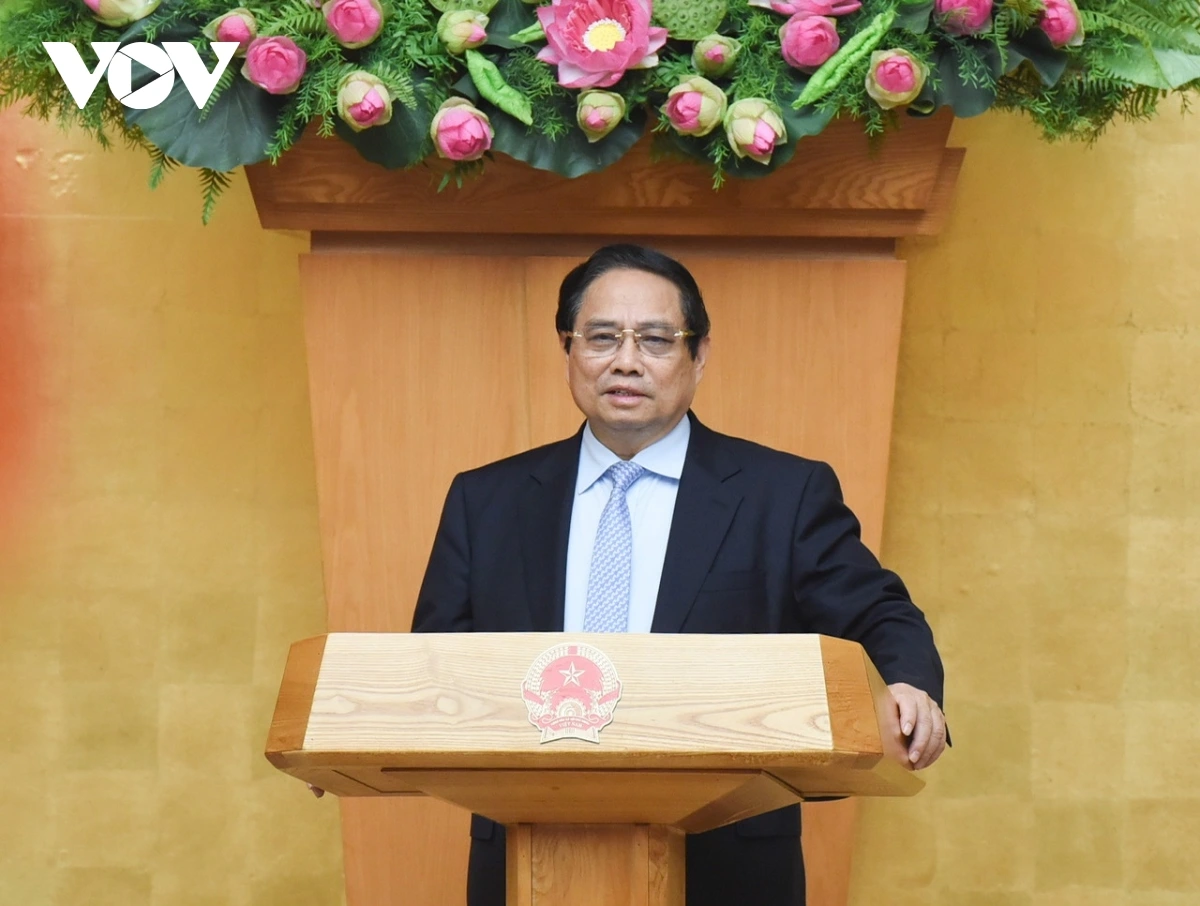






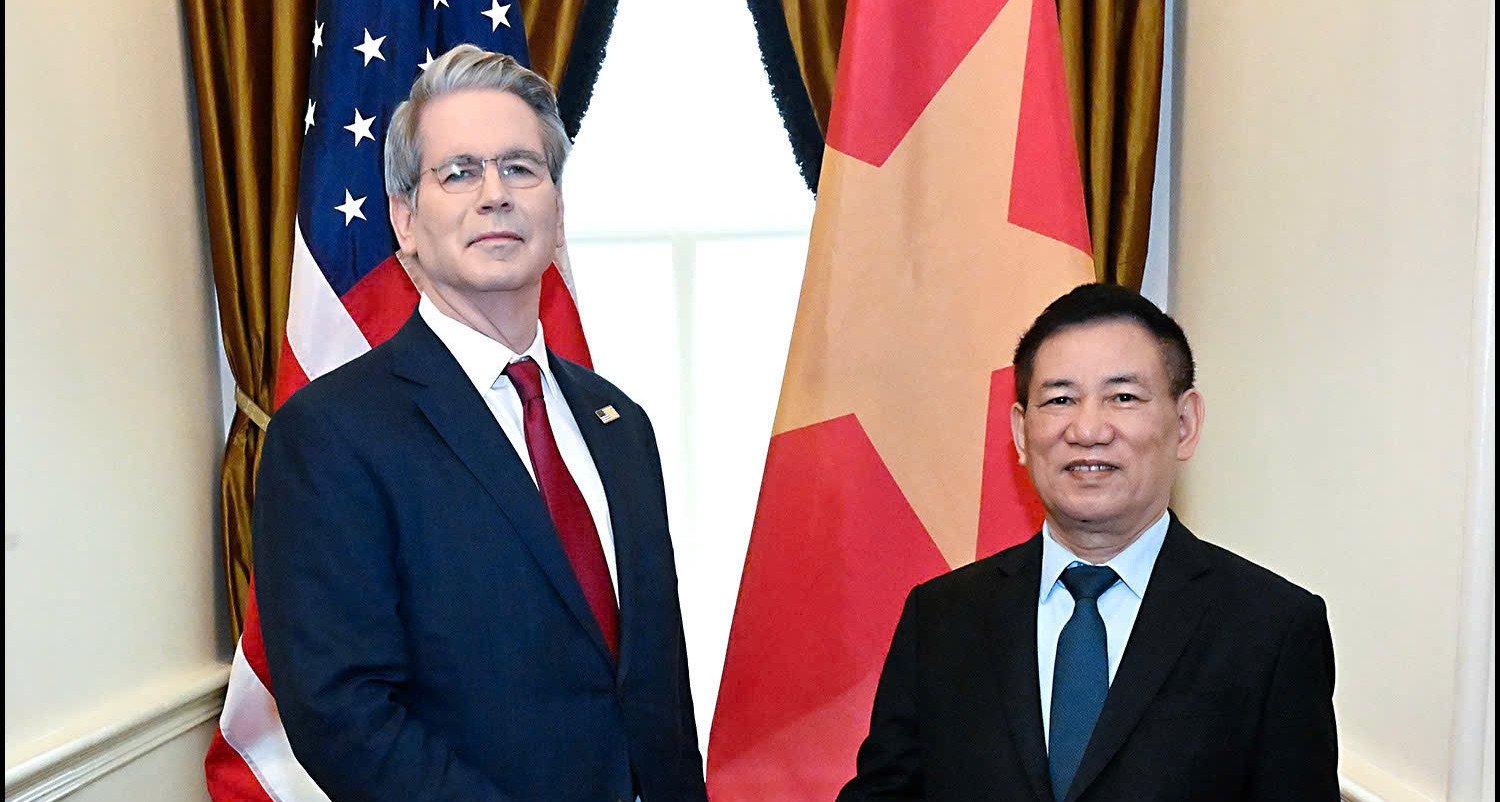




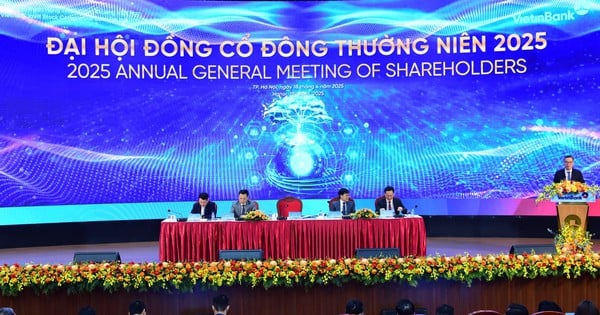









































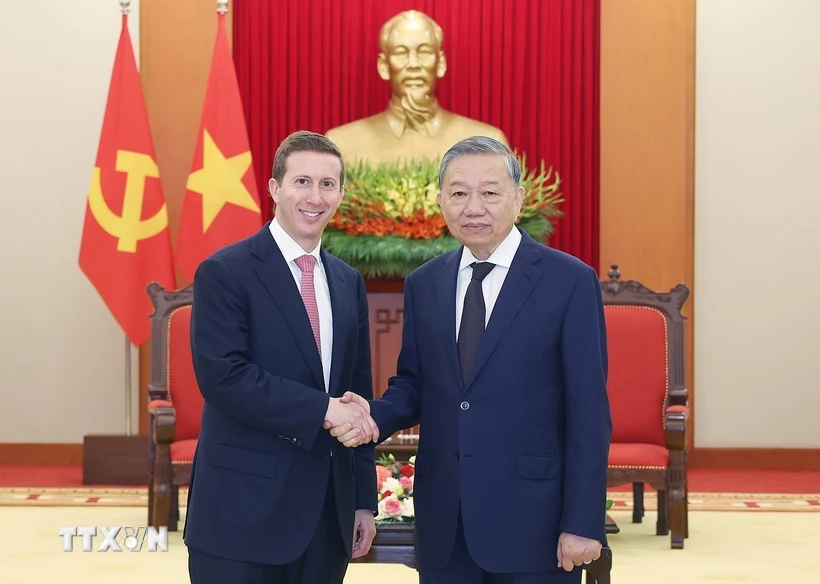









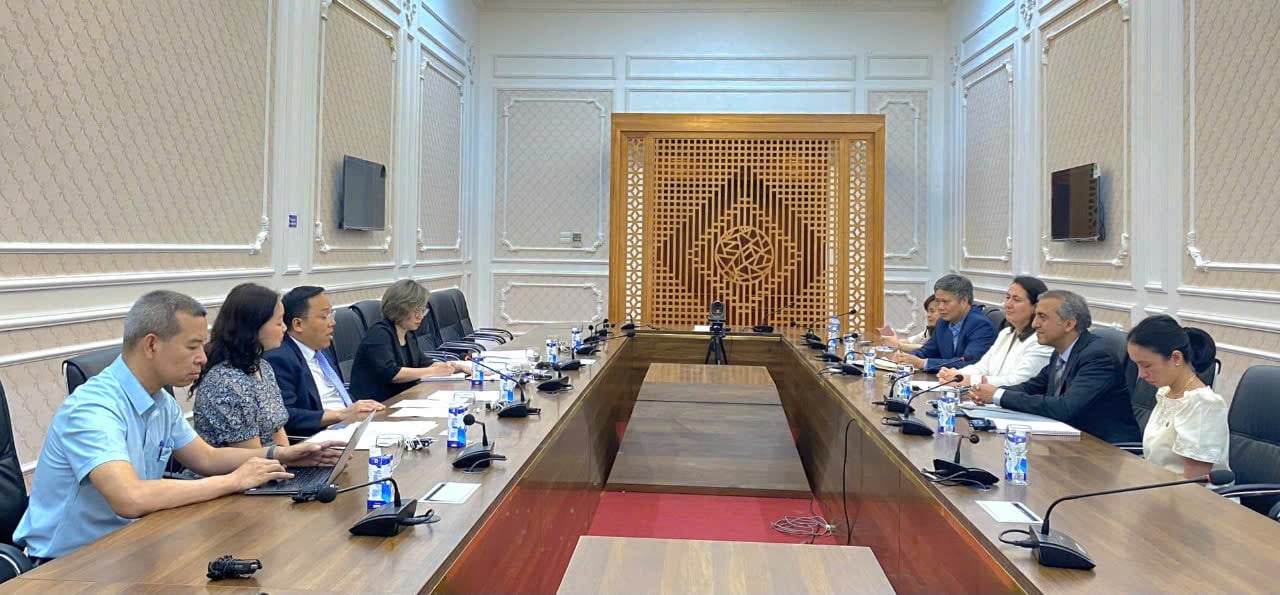





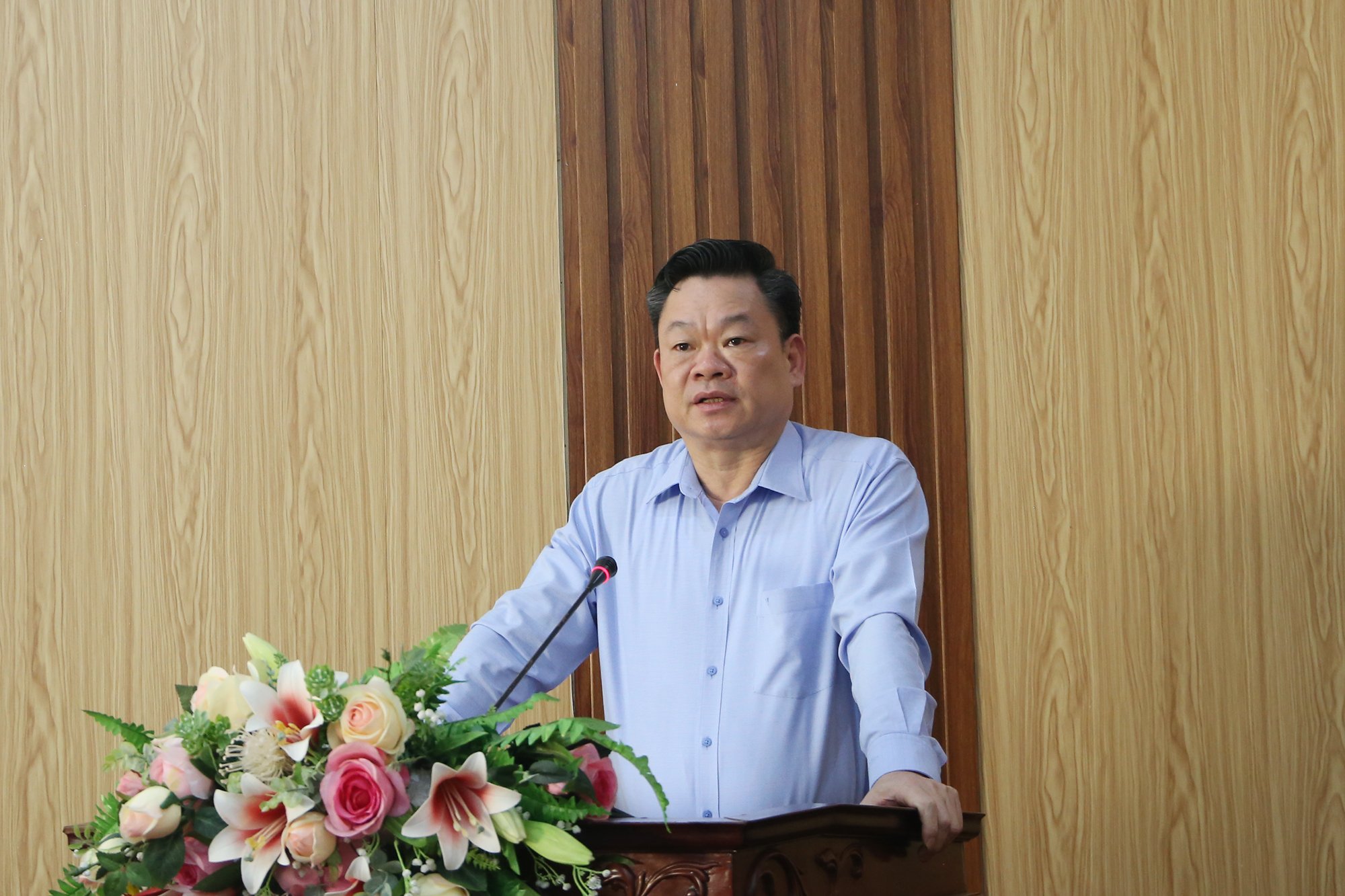












Comment (0)